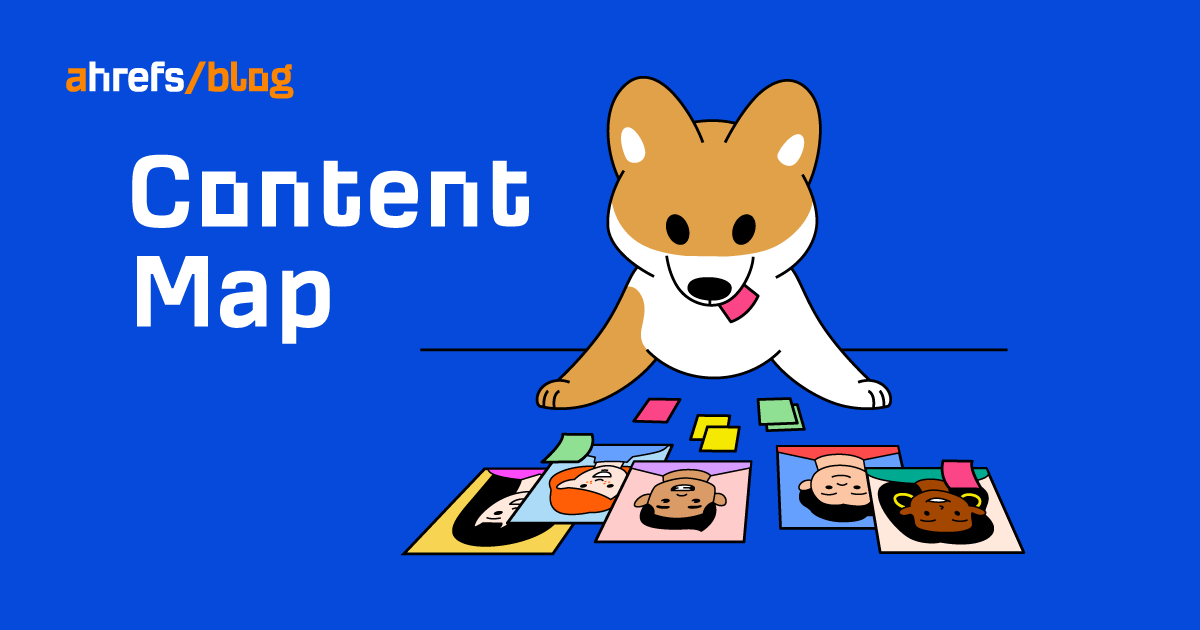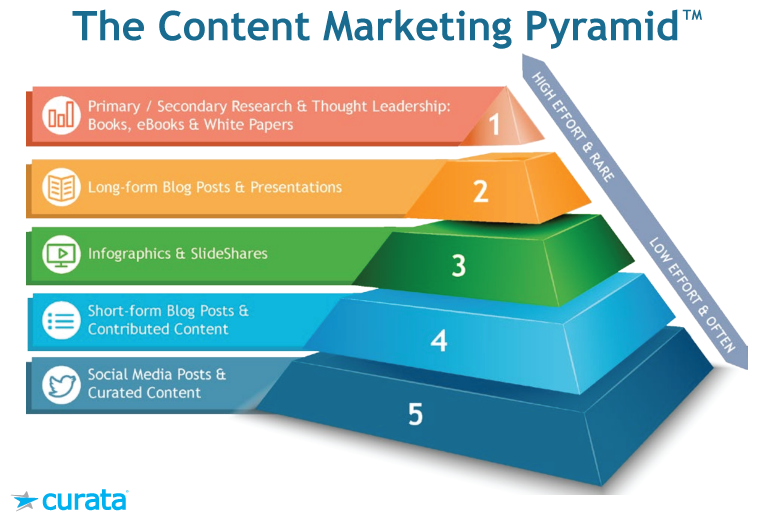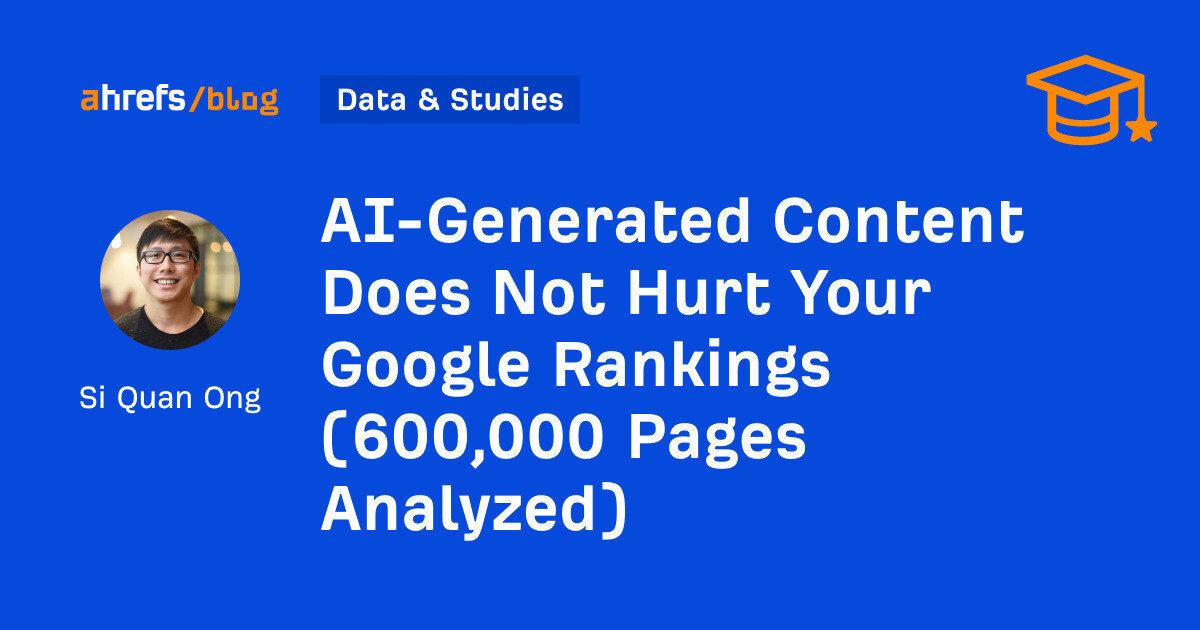Google Announces A New Carousel Rich Result via @sejournal, @martinibuster
Google announced a new scrolling carousel that displays as a rich result that can be used for products, local businesses and events The post Google Announces A New Carousel Rich Result appeared first on Search Engine Journal.

Google announced a new carousel rich result that can be used for local businesses, products, and events which will show a scrolling horizontal carousel displaying all of the items in the list. It’s very flexible and can even be used to create a top things to do in a city list that combines hotels, restaurants, and events. This new feature is in beta, which means it’s being tested.
The new carousel rich result is for displaying lists in a carousel format. According to the announcement the rich results is limited to the following types:
“LocalBusiness and its subtypes, for example:
– Restaurant
– Hotel
– VacationRental
Product
Event”
An example of subtypes is Lodgings, which is a subset of LocalBusiness.
Here is the Schema.org hierarchical structure that shows the LodgingBusiness type as being a subset of the LocalBusiness type.
Thing > Organization > LocalBusiness > LodgingBusiness Thing > Place > LocalBusiness > LodgingBusinessItemList Structured Data
The carousel displays “tiles” that contain information from the webpage that’s about the price, ratings and images. The order of what’s in the ItemList structured data is the order that they will be displayed in the carousel.
Publishers must use the ItemList structured data in order to become eligible for the new rich result
All information in the ItemList structured data must be on the webpage. Just like any other structured data, you can’t stuff the structured data with information that is not visible on the webpage itself.
There are two important rules when using this structured data:
The ItemList type must be the top level container for the structured data. All the URLs of in the list must point to different webpages on the same domain.The part about the ItemList being the top level container means that the structured data cannot be merged together with another structured data where the top-level container is something other than ItemList.
For example, the structured data must begin like this:
<script type="application/ld+json"> { "@context": "https://schema.org", "@type": "ItemList", "itemListElement": [ { "@type": "ListItem", "position": 1,Mix And Match
A useful quality of this new carousel rich result is that publishers can mix and match the different entities as long as they’re within the eligible structured data types.
Eligible Structured Data Types
LocalBusiness and its subtypes Product EventGoogle’s announcement explains how to mix and match the different structured data types:
“You can mix and match different types of entities (for example, hotels, restaurants), if needed for your scenario. For example, if you have a page that has both local events and local businesses.”
Here is an example of a ListItem structured data that can be used in a webpage about Things To Do In Paris.
The following structured data is for two events and a local business (the Eiffel Tower):
<script type="application/ld+json"> { "@context": "https://schema.org", "@type": "ItemList", "itemListElement": [ { "@type": "ListItem", "position": 1, "item": { "@type": "Event", "name": "Paris Seine River Dinner Cruise", "image": [ "https://example.com/photos/1x1/photo.jpg", "https://example.com/photos/4x3/photo.jpg", "https://example.com/photos/16x9/photo.jpg" ], "offers": { "@type": "Offer", "price": 45.00, "priceCurrency": "EUR" }, "aggregateRating": { "@type": "AggregateRating", "ratingValue": 4.2, "reviewCount": 690 }, "url": "https://www.example.com/event-location1" } }, { "@type": "ListItem", "position": 2, "item": { "@type": "LocalBusiness", "name": "Notre-Dame Cathedral", "image": [ "https://example.com/photos/1x1/photo.jpg", "https://example.com/photos/4x3/photo.jpg", "https://example.com/photos/16x9/photo.jpg" ], "priceRange": "$", "aggregateRating": { "@type": "AggregateRating", "ratingValue": 4.8, "reviewCount": 4220 }, "url": "https://www.example.com/localbusiness-location" } }, { "@type": "ListItem", "position": 3, "item": { "@type": "Event", "name": "Eiffel Tower With Host Summit Tour", "image": [ "https://example.com/photos/1x1/photo.jpg", "https://example.com/photos/4x3/photo.jpg", "https://example.com/photos/16x9/photo.jpg" ], "offers": { "@type": "Offer", "price": 59.00, "priceCurrency": "EUR" }, "aggregateRating": { "@type": "AggregateRating", "ratingValue": 4.9, "reviewCount": 652 }, "url": "https://www.example.com/event-location2" } } ] } </script>Be As Specific As Possible
Google’s guidelines recommends being as specific as possible but that if there isn’t a structured data type that closely matches with the type of business then it’s okay to use the more generic LocalBusiness structured data type.
“Depending on your scenario, you may choose the best type to use. For example, if you have a list of hotels and vacation rentals on your page, use both Hotel and VacationRental types. While it’s ideal to use the type that’s closest to your scenario, you can choose to use a more generic type (for example, LocalBusiness).”
Can Be Used For Products
A super interesting use case for this structured data is for displaying a list of products in a carousel rich result.
The structured data for that begins as a ItemList structured data type like this:
<script type="application/ld+json"> { "@context": "https://schema.org", "@type": "ItemList", "itemListElement": [ { "@type": "ListItem", "position": 1, "item": { "@type": "Product",The structured data can list images, ratings, reviewCount, and currency just like any other product listing, but doing it like this will make the webpage eligible for the carousel rich results.
Google has a list of recommended recommended properties that can be used with the Products version, such as offers, offers.highPrice, and offers.lowPrice.
Good For Local Businesses and Merchants
This new structured data is a good opportunity for local businesses and publishers that list events, restaurants and lodgings to get in on a new kind of rich result.
Using this structured data doesn’t guarantee that it will display as a rich result, it only makes it eligible for it.
This new feature is in beta, meaning that it’s a test.
Read the new developer page for this new rich result type:
Structured data carousels (beta)
Featured Image by Shutterstock/RYO Alexandre

 UsenB
UsenB 































